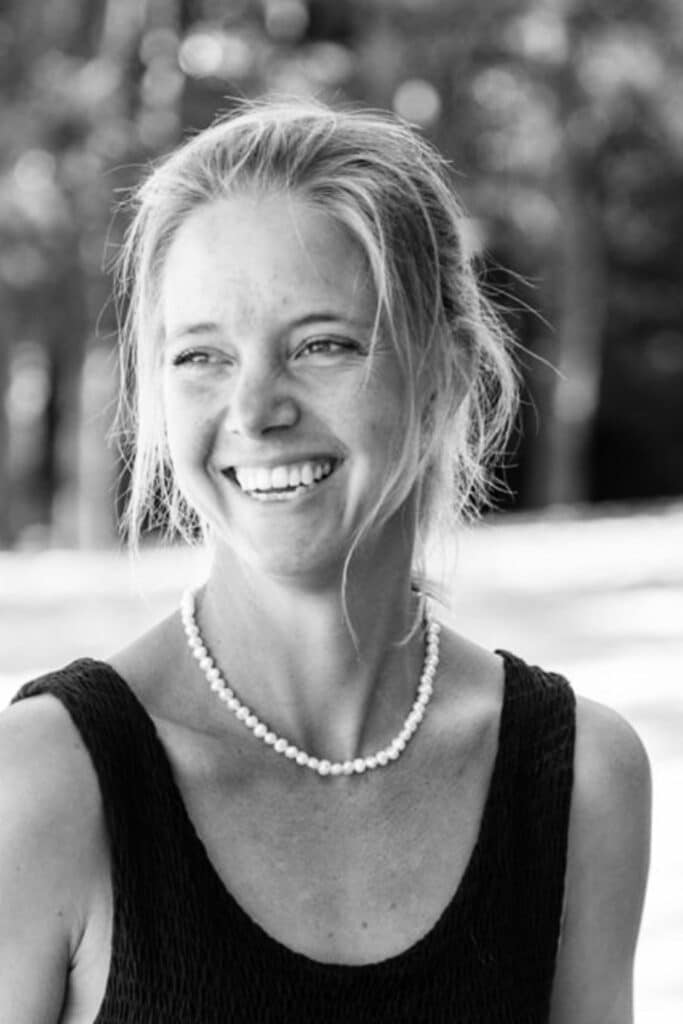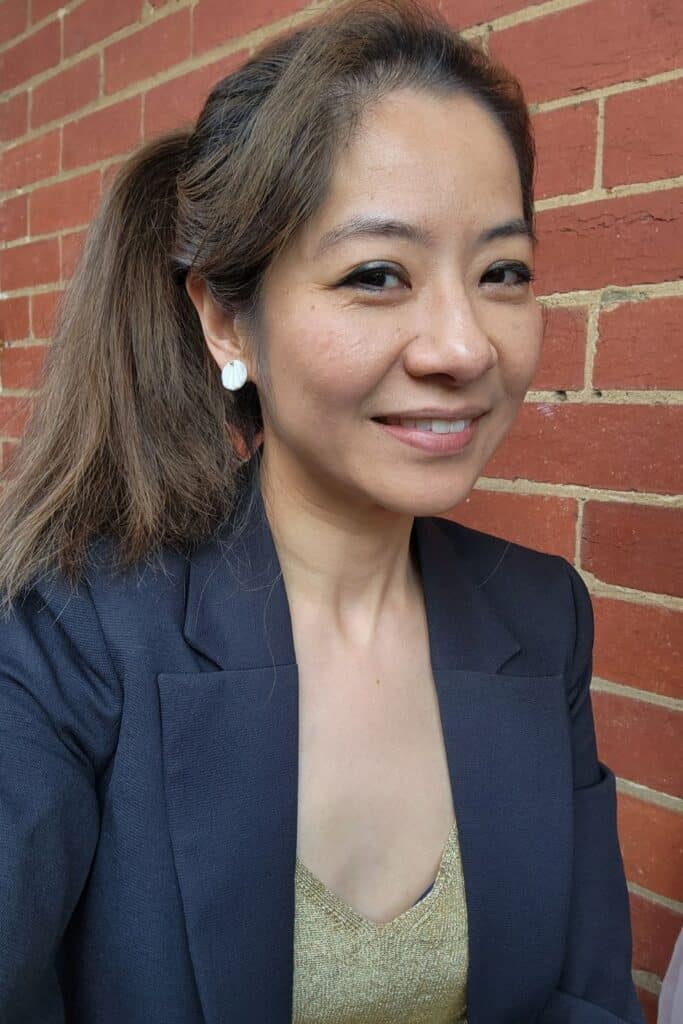Australia’s healthcare system is one of the best in the world, but time and time again, it’s vulnerable women that are slipping through the cracks, and their physical and mental health is suffering.
But organisations in Australia passionate about driving change for women are working tirelessly to change this.
On Friday September 15, Australian philanthropic charity 100 Women announced five new organisations to receive grants of up to $50,000 to support their causes – from women’s health and safety to empowering women through work, education and housing.
These grants were made possible by the support of Ostelin, the number one Vitamin D and Bone Health brand in Australia, and their initiative Project Strong. Ostelin’s project celebrates and empowers the strength of all women from the inside out.
Since 100 Women was founded in 2014, they have funded 34 major projects, raised $1.25 million collectively and changed the lives of 34,600 women and girls. Every single dollar donated to the charity funds the grants they award every year.
This year, Radiance South West Network and The Water Well Project were awarded a grant from 100 Women to fund their projects dedicated to women’s mental and physical health.
Radiance South West Network
Radiance South West began in 2017 with a simple fundraiser, held by a local mum in the south west of WA, who had suffered from severe psychosis in postpartum.
The mum donated the money she raised to a mental health organisation and asked them to set up a network that would support other mums with perinatal mental health issues.
This is how Radiance South West Network was born. Since then, the charity has run free support groups for new mums to build resilience, enhance their emotional wellbeing and strengthen family relationships in the first three years after giving birth.
“Our main goal is to make sure that mum is safe, baby is safe and that they’re bonding,” Josephine Stewart from Radiance South West Network said.
“Within the first 12 months, a baby’s brain pretty much doubles in size, and all those neurological pathways that are built in those first 12 months rely heavily on healthy bonding with a carer.”

But perinatal mental health issues can hinder that crucial bonding, and these mental health issues are a lot more common than they should be.
Perinatal Anxiety & Depression Australian (PANDA) estimates up to one in five women experience anxiety, depression or both during the pregnancy and up to three years after the birth.
And it can bring parents to the darkest, most desperate places. Between 2011 and 2020, 10 per cent of all maternal deaths in Australia were suicide, according to Australian government statistics.
While the peer-run community groups at Radiance Network get mums out of the house and talking to others experiencing similar situations, Stewart said around 25 per cent of the mums referred to the Network don’t show up to the sessions.
“This can be because they might not have the money to buy petrol that week, or there might be cases of domestic violence where there’s fear around leaving the house,” Stewart said.
But the grant from 100 Women will change this. Under the grant, Radiance Network will launch a new project called Perinatal Wellbeing Peer Support Advocacy.
Through this 18-month early intervention program, the charity will send volunteers and workers to the homes of these mothers in Collie, Bunbury, Busselton and the Margaret River region in WA. The volunteers can check-in and help them, without the mums having to leave the house.
Radiance Network estimates the new project will benefit 80 women and their children and will indirectly touch the lives of more than 160 friends and family members.
“It will allow us to visit those mums at home and make sure they don’t fall through the gap,” Stewart said.
“There, we can start with the very basics – making sure that mum and baby are fed and clean and safe physically, and then we can build on that and make sure that she is emotionally coping.
“This will build up her resilience and confidence to come and join the group sessions, which would be a major success.
“It’s not a luxury addition to what we do. It’s a core need that goes unmet at the moment.”
The Water Well Project
Dr Linny Phuong’s Vietnamese parents took refuge in Australia as part of the United Nations Humanitarian Entry Program in the 1970s, having been sent to a Malaysian refugee camp prior. From a young age, she saw the barriers her parents faced in the country’s healthcare system, including language barriers, different cultural beliefs of health and disease and more.
Now, as an award-winning medical professional, qualified physician and pharmacist and the founder of the Water Well Project, she aims to improve the health of communities from migrant, refugee and asylum seeker backgrounds in Australia.
“We’ve got an amazing healthcare system in Australia, but it is very complex,” Dr Phuong said.
The Water Well Project is a charity that aims to clear up these complexities for migrant, refugee and asylum seeker communities in Australia. Multiple times a week, the charity sends healthcare professionals into community groups to teach practical skills to these vulnerable members of society.
“It’s really about empowering them with knowledge about everyday topics around health,” Dr Phuong explained.
From teaching people how to call an ambulance, how to read a nutrition label on food packages, to identifying breast cancer lumps, Dr Phuong and her team at the Water Well Project are all about bridging gaps of knowledge through hands-on, practical lessons.
“People remember things like that – it’s more about how you make people feel,” she said.

And with the latest grant from 100 Women, the Water Well Project can run a new female-focused project to improve refugee and asylum seeker women and girls’ health literacy.
“I’m such a strong believer in knowledge and education,” Dr Phuong said.
“We know when we teach women skills and knowledge, it has a more profound impact long-term on outcomes for their families, networks and communities”.
The grant from 100 Women will facilitate 50 free health education sessions for women and girls from migrant, refugee and asylum seeker communities in Victoria, Tasmania, New South Wales and South Australia.
The Water Well Project estimates the project will positively impact more than 700 women and girls.
“By improving the knowledge of women and empowering them, they can be better leaders and better advocates within their community,” Dr Phuong said.

